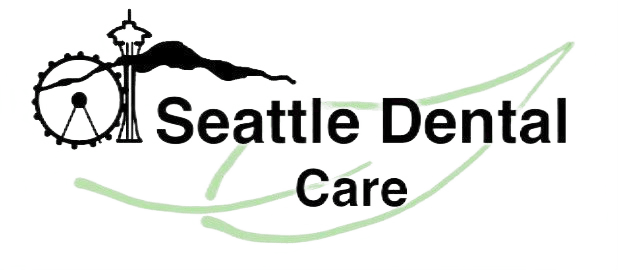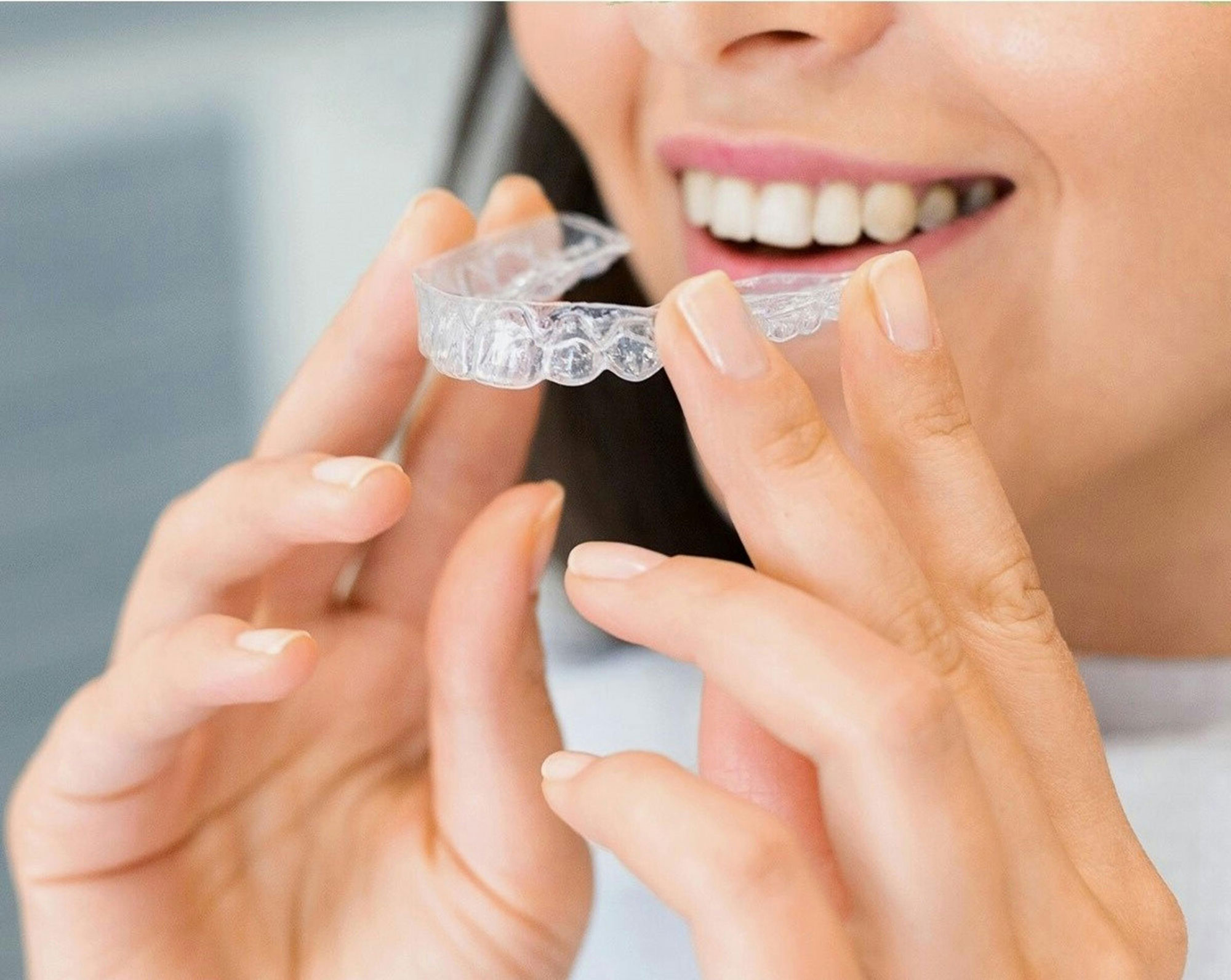How Does Oral Microbiome Affect Teeth and Gum?
The oral microbiome is the collection of microbial species in the mouth, also known as the mouth microbiota. It includes hundreds of species of bacteria found on the surface of teeth as well as in the saliva and tongue. This collection of microorganisms is as unique as a fingerprint from person to person. Each person has an ecosystem of microbes in his or her mouth that is uniquely his or her own. In fact, these tiny organisms outnumber the body’s cells ten to one!
The makeup of a person’s oral microbiome is unique to each individual and is affected by age, diet, oral hygiene, genetics, immune status, medications, overall health, and more. By maintaining a proper oral microbiome, patients can improve their oral health. A balanced ecosystem of beneficial bacteria helps to prevent tooth decay while promoting a healthier smile. An oral microbiome that is out of balance due to poor health habits, such as smoking or consuming sugary foods, can lead to cavities and other issues, such as gum disease or bad breath. A healthy oral microbiome promotes a healthy smile and overall well-being; however, an improper oral microbiome can negatively affect a patient’s health leading to poor oral health. In addition to oral disease, oral bacteria are also associated with systemic pathology ranging from diabetes to coronary heart disease.
What Is The Oral Microbiome, And How Does It Affect Oral Health?
Different Strains of Oral Bacteria
The mouth is home to hundreds of different strains of bacteria, many of which cause tooth decay and gum disease. While many of these bacterial strains are harmless or even beneficial, there are a few that cause trouble for your oral health. When these bad bacteria overwhelm your mouth’s good bacteria—or when good bacteria levels decline significantly—you could experience early signs of tooth decay or gingivitis. A few of the most common bacteria present in the oral microbiome include the following:
- Lactobacilli
- Bifidobacteria
- Porphyromonas gingivalis
- Staphylococci
- Streptococcus mutans
- Candida
- Veillonella
Some factors that can disrupt the equilibrium of the oral microbiome includes the following:
- Smoking tobacco
- Processed, sugary, or acidic foods
- Antimicrobial products for the mouth, like alcohol-based mouthwash
- Poor dental hygiene
The bacteria that lead to most common dental health problems thrive off of leftover sugars in the mouth that aren’t immediately removed with regular brushing and flossing. That means the more sugar you eat, the faster the bad bacteria grow and the more damage they can cause to your teeth. This is why frequent snacking—especially on sugary foods and drinks—is one of the worst things you can do for your oral health. Try instead to limit your intake of sweets to keep your oral microbiome under control.
Essentially, a healthy oral microbiome means better overall oral health and fewer instances of cavities, gum disease, and other common dental concerns. The best way to maintain a healthy oral microbiome is to practice proper oral hygiene habits and to stay away from added sugars as much as possible. It will also help to consume a well-balanced diet that is rich in vitamins, minerals, and other nutrients necessary for optimal oral health.
How To Maintain The Health of Microbial Balance?
The mouth is full of different bacteria, viruses, and other germs at any given time. Most of these microbes aren’t harmful or cause any issues for people with healthy immune systems and healthy mouths. They live in harmony with other organisms in the mouth. But for those with gum disease or weakened immunity, certain oral infections can lead to serious health problems such as heart disease. That is why it’s so important to practice good oral hygiene and take a proactive approach to dental care. Regular cleanings and exams can go a long way toward preventing harmful bacteria from causing severe health issues.
Although lifestyle choices can have an effect on the microbiome of the mouth, we don’t have much control over the types of microbes present in our saliva. However, we can detect using the bacteria study test, work to prevent plaque buildup, tooth decay, and gum disease through regular brushing, flossing, and professional care. It’s also wise to avoid unhealthy lifestyle habits like smoking that can negatively impact our oral health. People with diabetes are at a higher risk of developing an infection in their mouth due to the higher presence of sugars in their saliva. This puts them at a greater risk for cavities.
When bacteria and oral pathogens enter the bloodstream through a cut or other open wound, they can cause infection and even serious illness. This is why patients with compromised immune systems are advised to avoid attempting at-home dental treatments.
Microbial balance is crucial in maintaining optimal oral health. By receiving care from biological hygienist and practicing good oral care at home, we can help prevent oral infections and keep our mouths happy and healthy!
At Seattle Dental Care, our functional dentist ensures to provide each of our patients with a positive and relaxing experience. If you're ready to experience the best biological dental care, please contact holistic dentist Seattle WA at (206) 728-1330 or visit us at 2107 Elliott Ave Ste 210, Seattle, WA 98121. We will be happy to guide you further.
MON - SUN 8:00 am - 5:00 pm
2107 Elliott Ave Ste 210,
Seattle, WA
Phone : (206) 728-1330Text Us : (206) 728-1330





